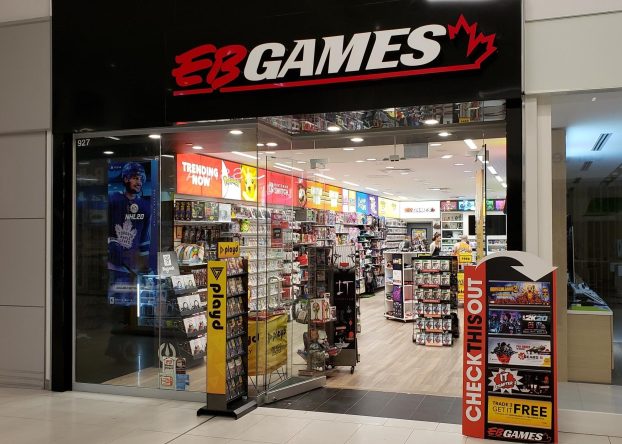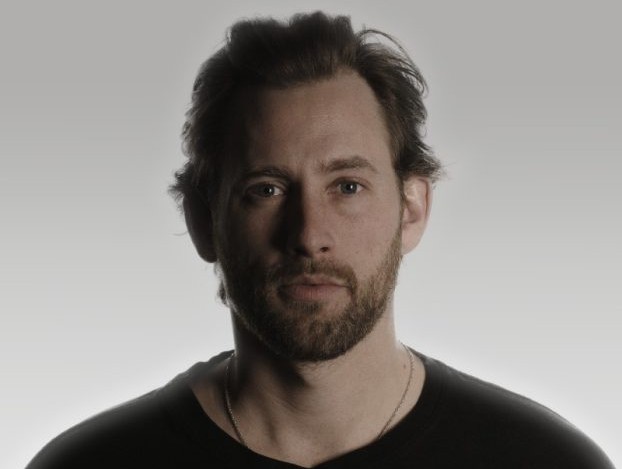Drug Trading Company is emerging from a year-long restructuring process with a renewed focus on its retail business.
The new strategy includes the repositioning of its four retail banners: ida, Guardian, RXCentral and Community Drug Mart.
The 93-year-old Toronto-based wholesale and retail drug company has 700 stores across Canada, all independently owned and operated under those banners.
Gord Muir, dtc’s executive vice-president, says while the company has traditionally been a strong performer in the dispensary, it has been underdeveloped in the front-of-store retailing part of the business.
And even when the company developed worthwhile marketing programs, says Muir, it often had difficulty getting them implemented at the store level.
‘What we’re now trying to accomplish is to give the [independents] the kind of support that chain stores have access to through their organizations,’ says Muir.
Prior to the restructuring, dtc had lost money for two years
Muir was brought in from North West Drug, a wholly-owned subsidiary of dtc, to help restore the company to financial health.
He spent the first six months cost-cutting. He then hired Dennis Brown as vp marketing to strengthen the retail banner programs. Brown had spent the previous 12 years in the marketing department of Shoppers Drug Mart.
Brown says one of the biggest challenges is to change the perception that dtc’s prices are not competitive. To that end, the company is developing more in-store promotions.
A number of other steps have also been taken, including the hiring of field representatives to help the stores implement marketing programs.
As well, Brown has switched to a cross-banner category management system from the previous system where each of the four banners were managed separately.
Another area that was being duplicated were the store brands.
Certified, one of the company’s oldest brands, was recently relaunched as the private label for all the stores.
Not only has this resulted in large economies of scale, but the company is able to expand the line much faster and deliver the products at much lower prices.
Certified is also being used to brand a number of health services across the banners including Your Health magazine and the Your Health library of videos and brochures on various health issues.
New package design and refurbishing of the Certified logo were handled in house.
A fall radio campaign is now underway promoting the Certified products; it marks the first time dtc has been able to advertise all its banners in one campaign.
Because dtc has an agency review underway, advertising was handled by interim agency Jeffrey Simbrow Associates of Toronto.
Previous agency Johnston Wiltshire McDermott closed its doors in July. dtc expects to name a new agency by the end of the year.
dtc spent about $3.4 million on media in 1995, according to ACNielsen.
Like other drug retailers, dtc is faced with a number of challenges, including competition from large chain retailers like Wal-Mart, Zellers and Shoppers Drug Mart as well as grocery stores with in-store pharmacies.
In addition, mail-order prescription services, increasing levels of government intervention in the fee structure, and managed health care plans that specify preferred providers are also affecting the business.
Brown sees dtc’s strength in its small community heritage.
He says the community pharmacy positioning is a good fit with the trend of increased patient involvement in managing their health because consumers have to trust the individuals providing the information.
Brown believes there is a strong future for community pharmacies, and is anticipating some new growth in the near future, particularly because Big V, a smaller chain, is being absorbed by Shoppers Drug Mart.
‘I think there’s an opportunity for us to fill that void.’























